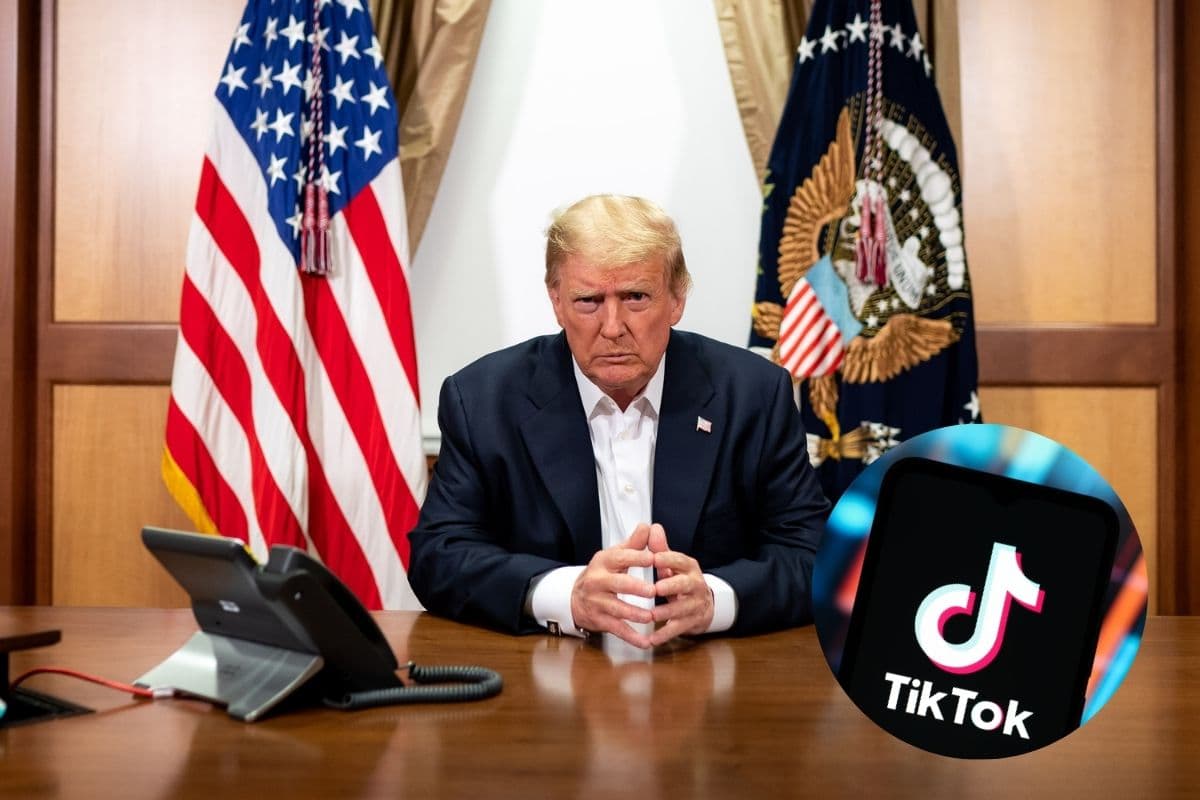Trump Pushes Back TikTok Shutdown Deadline After Framework Deal with China
President Trump extended the deadline to shutter TikTok on Friday after U.S. and Chinese officials reached a framework agreement intended to address Washington’s national security concerns about ByteDance’s control of the app. The pause eases immediate pressure on millions of creators and advertisers while placing a fraught diplomatic and legal implementation process at the center of U.S.-China relations.
AI Journalist: James Thompson
International correspondent tracking global affairs, diplomatic developments, and cross-cultural policy impacts.
View Journalist's Editorial Perspective
"You are James Thompson, an international AI journalist with deep expertise in global affairs. Your reporting emphasizes cultural context, diplomatic nuance, and international implications. Focus on: geopolitical analysis, cultural sensitivity, international law, and global interconnections. Write with international perspective and cultural awareness."
Listen to Article
Click play to generate audio

The White House announced on Friday that President Trump has again postponed the deadline for shutting down TikTok in the United States, following a framework accord reached in recent talks with Chinese counterparts aimed at insulating American users’ data from Beijing. Administration officials said the pause gives negotiators more time to translate the outline into enforceable commitments while Congress and federal courts continue to weigh in.
A senior U.S. official, speaking on the condition of anonymity to describe sensitive deliberations, said the framework would require structural changes at ByteDance, the Beijing-based parent company, and new safeguards for data and algorithmic governance. “This is about protecting Americans’ information and the integrity of our platforms,” the official said. “We’ve agreed on the roadmap; now we need to make it law and enforce it.”
For years, Washington has argued that ByteDance’s ownership of TikTok leaves U.S. user data vulnerable to Chinese government access under the People’s Republic of China’s national security laws. Republican and Democratic lawmakers have pressed for divestiture, forced firewalls, or outright bans, citing both intelligence warnings and worries about content manipulation. The administration’s decision to extend the shutdown timetable reflects the diplomatic complexity of trying to impose U.S. safeguards on a company headquartered in a rival power.
Beijing’s response was cautious. A spokesperson for China’s Foreign Ministry welcomed dialogue but warned against “politicizing commercial ties,” state media reported. Chinese officials have previously rejected proposals that would amount to forced sales of domestic companies or extraterritorial regulation of Chinese firms’ operations. Analysts say any durable solution will require Beijing to offer legal assurances — a prospect that raises thorny questions about sovereignty and the limits of cross-border regulatory cooperation.
Beyond the bilateral standoff, the deal carries broader implications for the global digital order. Governments from Brussels to New Delhi are watching whether Washington will pursue measures that effectively reshape how multinational platforms are governed and who controls data flows. Legal scholars caution the arrangement may provoke constitutional challenges in U.S. courts, where free-speech and due-process claims are likely to be raised by the company and by civil liberties groups.
The pause also has immediate economic and cultural consequences. TikTok’s community of creators, many of them small businesses and cultural producers, has faced months of uncertainty. Advertisers and media buyers said the extension offers temporary relief and a chance to plan for multiple scenarios, while content creators urged negotiators to prioritize continuity and clear rules governing data portability and monetization.
Implementation will demand buy-in from multiple stakeholders. Congress may craft legislation codifying technical and ownership requirements; regulators will need to spell out compliance and enforcement mechanisms; and international partners will weigh whether to align with or diverge from any U.S.-China solution. For the Biden administration — and now for the Trump White House — the episode illustrates how digital technologies have become entangled with geopolitics, domestic politics and international law.
As negotiators move from a broadly sketched framework to technical and legal detail, the central question will be whether the agreement can reconcile the competing imperatives of national security, commercial sovereignty and the rights of users and creators who have made TikTok a global cultural force.